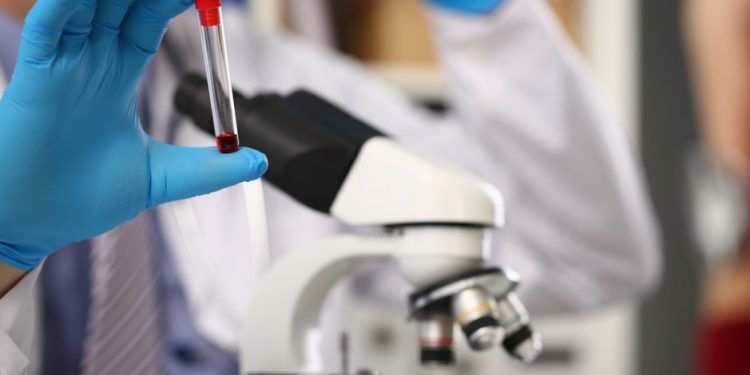Immunodeficiency symptoms are a sign that your immune system is not working as well as it should. This can be caused by a number of things, including diseases, malnutrition, or certain genetic disorders. If your immune system is weak, you may have many problems fighting off infections or cancers.
Common variable immunodeficiency (CVID) is a common inherited immune disorder that affects how your body produces infection-fighting proteins. Symptoms of CVID may include repeated bacterial and viral infections of the ears, sinuses, lungs, or upper airway. This condition can also lead to digestive and autoimmune disorders, blood disorders, and cancer.
In some cases, a person with an inherited immunodeficiency might have a child who has similar symptoms. People who have a family history of a hereditary immunodeficiency disorder should be tested to find out whether they carry the gene for it and what their chances are of having an affected child.
Other symptoms of an inherited immunodeficiency might not appear until later in life, such as granulomas, which are inflammations that can develop in tissues and organs because of recurring infections. These inflammatory lesions can be treated with antibiotics or by a bone marrow transplant from a healthy donor.
A doctor might suspect an inherited immune deficiency because of a person’s repeated respiratory infections or recurrent infections in other areas of the body, such as the lungs or eyes. These infections can be hard to treat. Your doctor might ask you to get a test called a complete blood count (CBC) to see how well your immune system is working.

Another test might be a skin test that measures how your T-cells respond to a small dose of proteins from infectious organisms. A skin test can also tell your doctor if you have a T-cell abnormality that could be causing some of the other symptoms of an immune deficiency.
Your doctor might ask you to have a blood or tissue sample taken from your lymph nodes, bone marrow, or other parts of your body. These samples will be analyzed to see if your immune system is working properly and producing the right types of antibodies.
X-linked agammaglobulinemia is a condition in which infants have a low level of all the infection-fighting proteins called immunoglobulins, including IgG. This is due to a mutation in the Bruton’s tyrosine kinase gene that causes B-lymphocyte precursors in the bone marrow to fail to mature.
Other conditions that can cause an immune deficiency are chronic granulomatous disease (CGD), hereditary gamma globulinemia, chromosome 21-related immune deficiency, and rare inherited immunodeficiencies that lack one of several immune signaling molecules called interferon gamma, interleukin 12 or interleukin 23. These deficiencies cause immune cells to lose their ability to communicate with each other and to fight infections.
If your doctor thinks you might have a inherited immunodeficiency, she or he will test for the specific gene mutation that is causing the problem. This can be done with blood tests or a biopsy of the lymph nodes or bone marrow.









